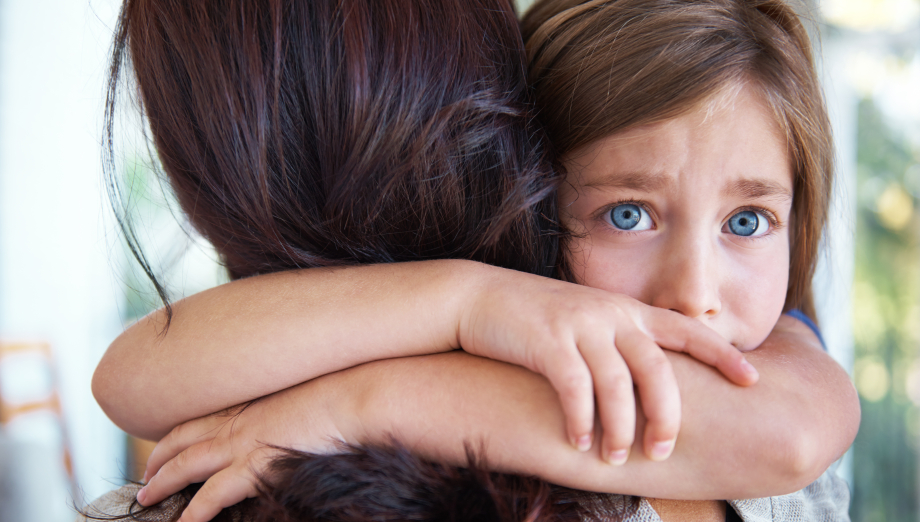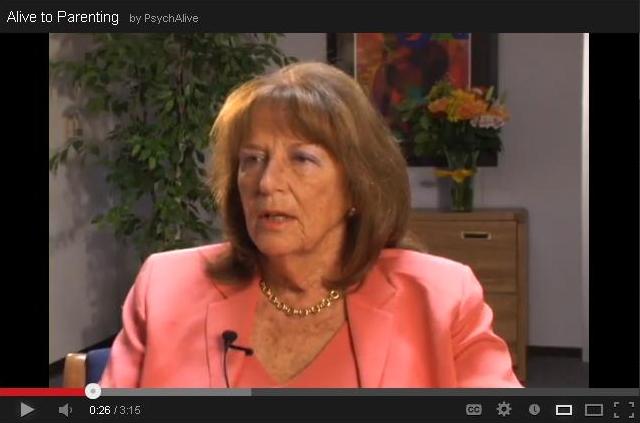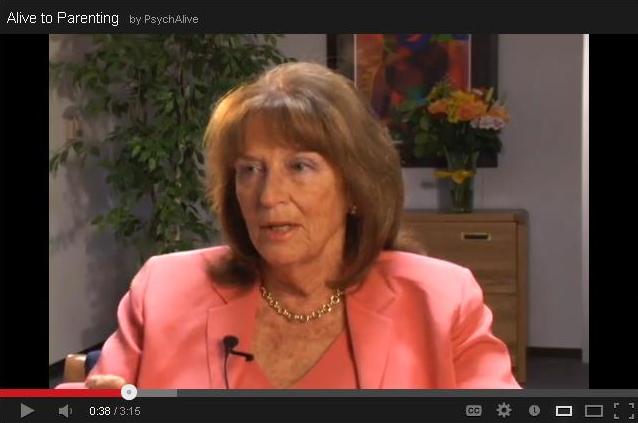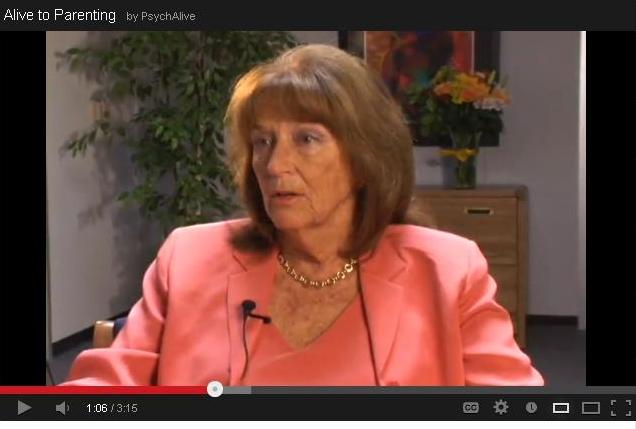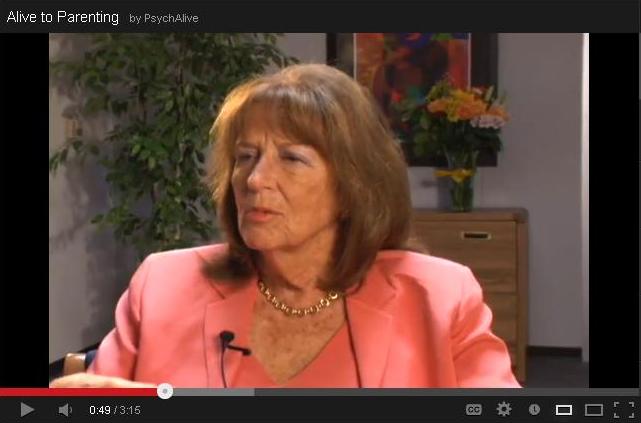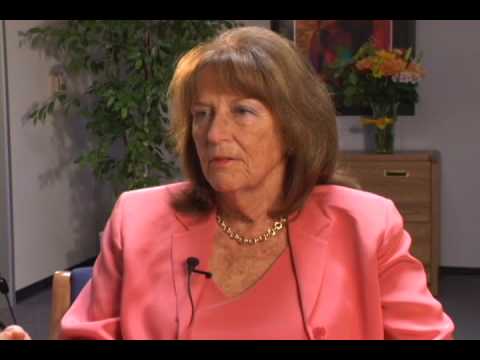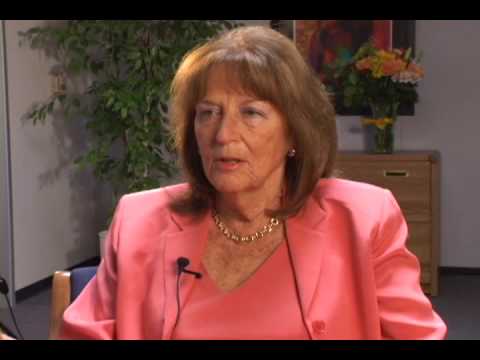
Can Secure Attachment Make Us Less Afraid During the Coronavirus Crisis?
Last night I woke up from a deep sleep in a panic about the possibility of getting the Coronavirus, despite my precautions and social distancing. I tried a mindfulness practice for a few minutes and that did help calm me down. Then my thoughts turned to some of the young children I’ve worked with as… Read more »
Learn More


